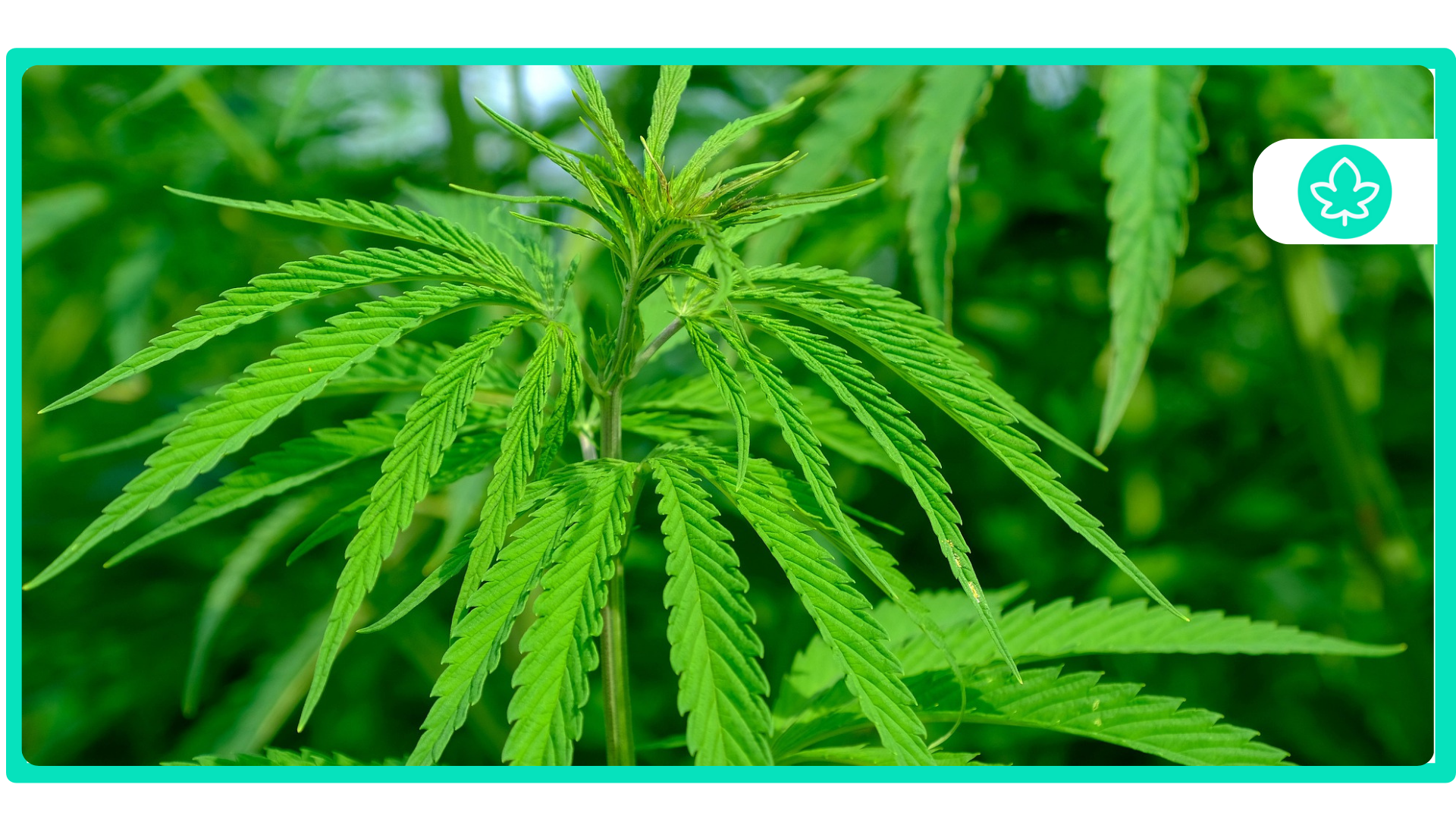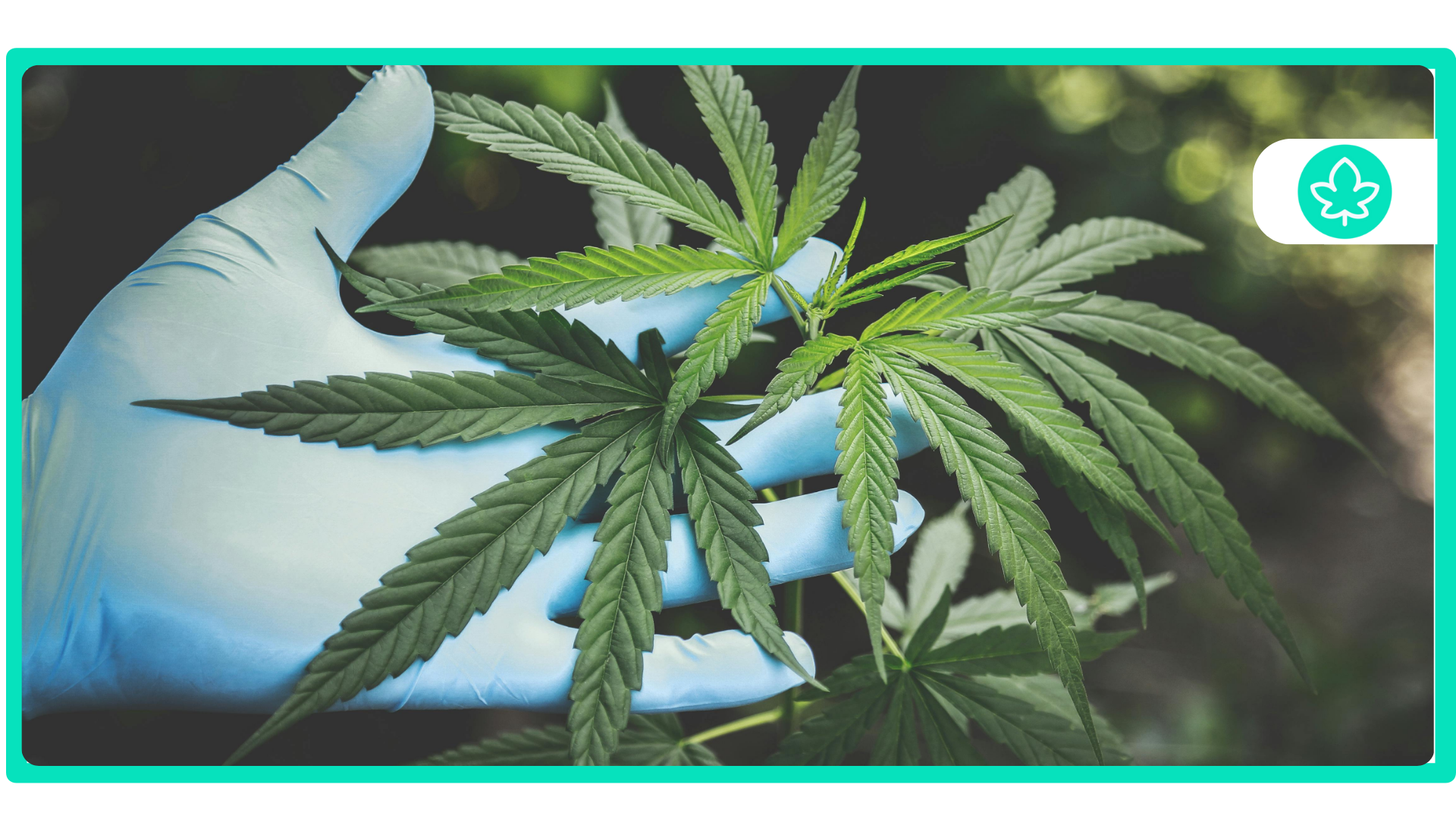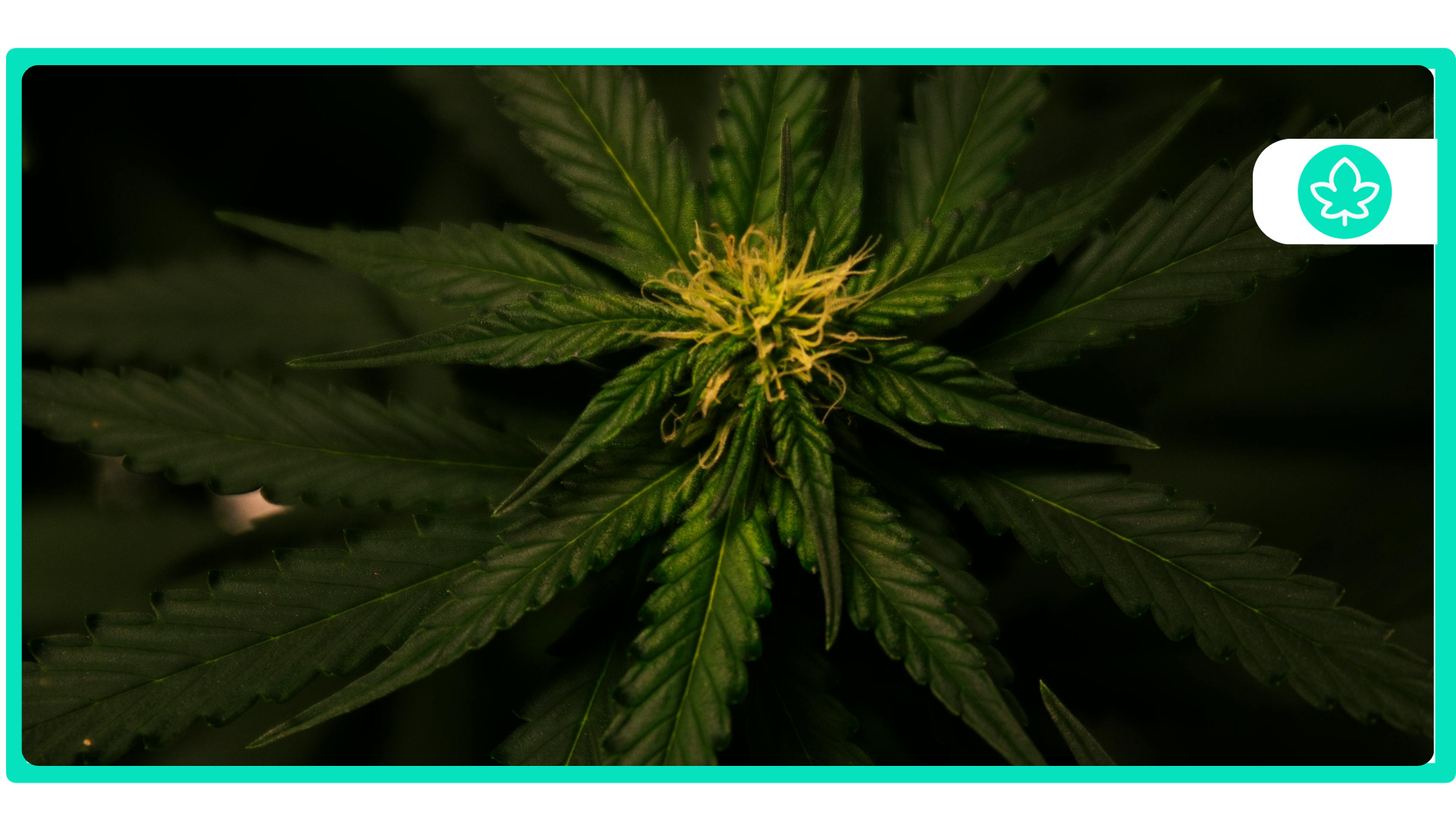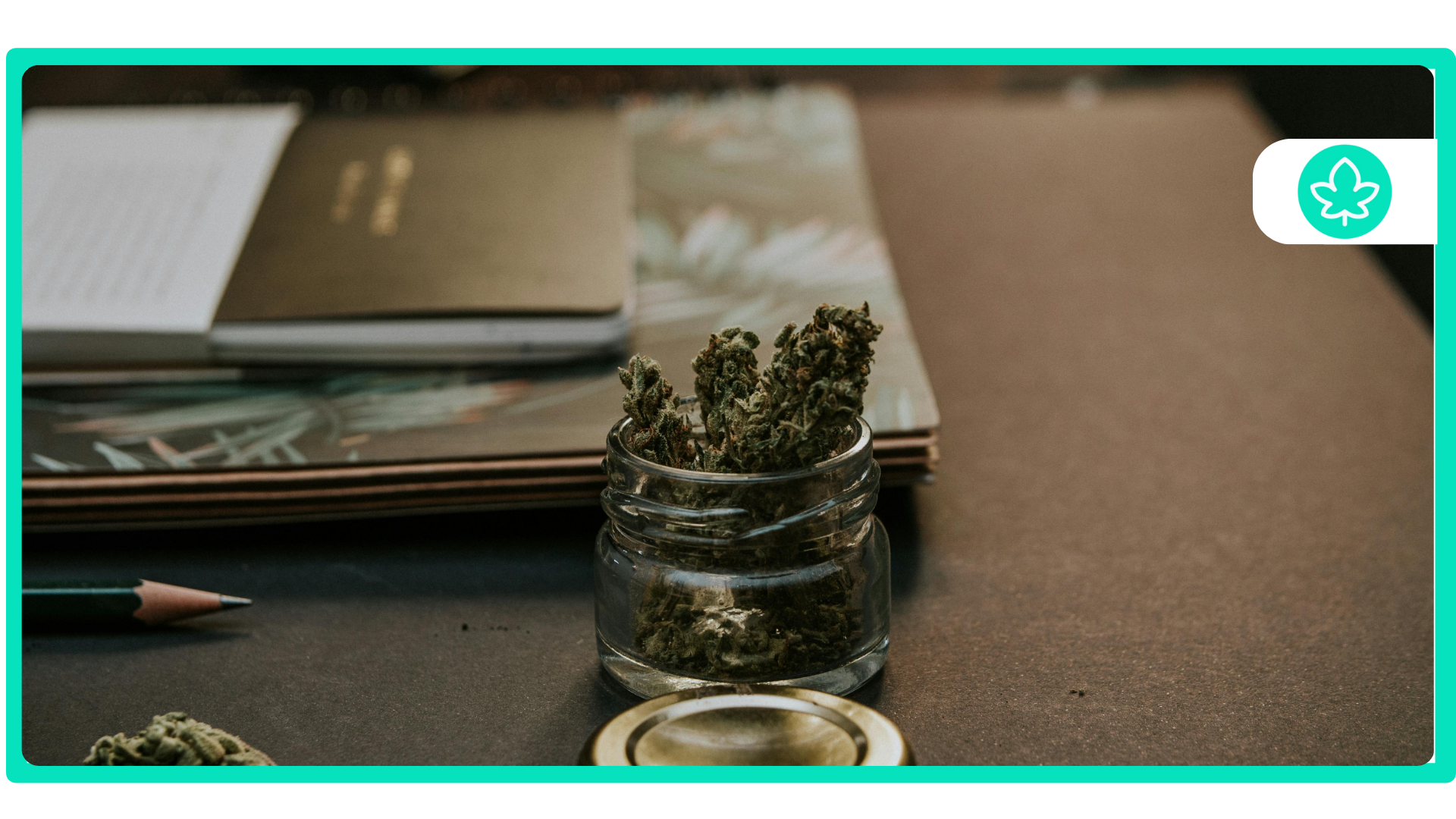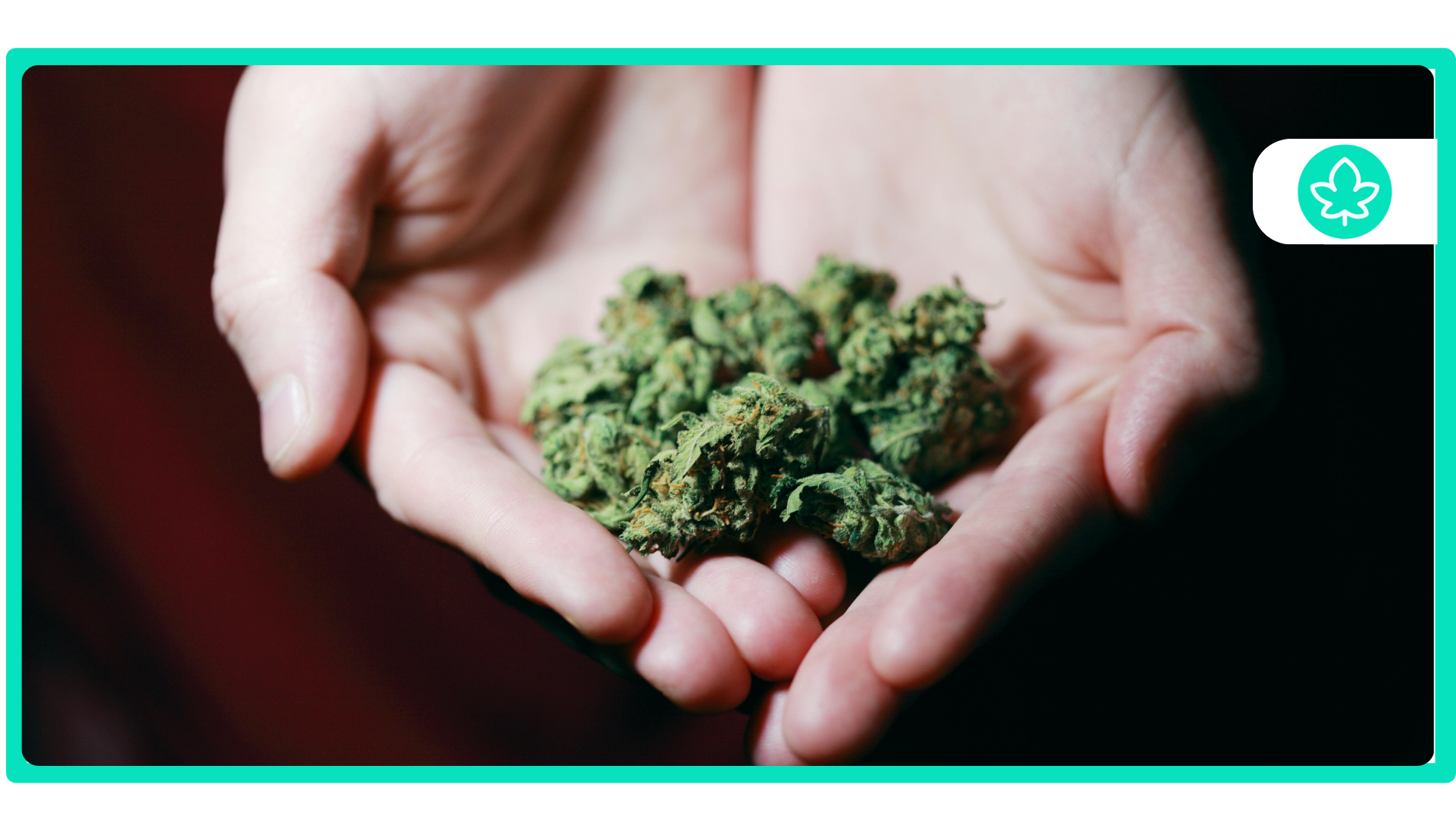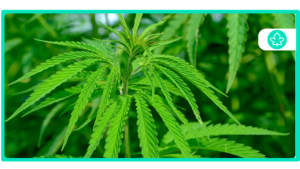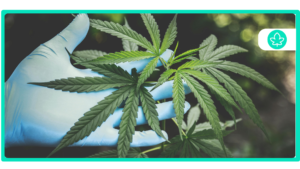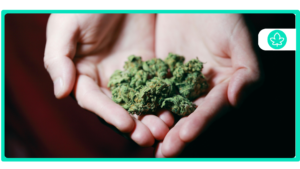In this blog post, discover the intriguing link between marijuana use and weight loss. Here, we dispel the fallacy that cannabis always causes weight gain and look at the science underlying the “munchies.” We dissect how cannabis may help with weight management, including its effects on the gut and metabolism. This blog provides insights into how marijuana could be incorporated into more comprehensive health and wellness plans in addition to shedding light on the frequently misinterpreted relationship between the plant and body weight. Explore the complicated relationship between biology, health, and cannabis as we go beyond common misconceptions to present the full picture.
It has been widely acknowledged in recent years that medical marijuana can safely and effectively treat a wide range of conditions, from cancer and Crohn’s disease to anxiety and pain.
Weight loss.
As eminent scientists sum up:
Body mass index (BMI) is greatly impacted by cannabis usage, and there is a statistically significant difference between the BMIs of users and non-users.
This conclusion is shocking because cannabis is frequently used to stimulate weight gain in people with medical diseases like HIV/AIDS and cancer. It also defies all the traditional preconceptions of “munchies/stoners.”
Thus, why do individuals using medical marijuana gain weight when it’s necessary and lose it when it’s not? How on earth is such a phenomenon possible? And if research supports this, what can patients do to take advantage of medical cannabis’ ability to help them lose weight and enhance their general health?
In today’s post, CertaMD answers all these queries and more!
You already know that you should use medical marijuana, right? Visit our appointment page to begin using medical marijuana right now!
Cannabis Use & Obesity Rates
The recent cannabis-related weight loss trend appears to defy traditional notions of “stoners.” Users of marijuana don’t seem to eat more calories. How is it possible for people who eat more to weigh less? Do cannabis users have better weight-to-height ratios than people who don’t use it?
Science says, yes, believe it or not.
Consider the Journal of Epidemiology in America. Cross-sectional data from two population-based surveys with more than 50,000 respondents were released by researchers in 2011. While those who said they had not used cannabis in the previous year had obesity rates in the two surveys of 22.0% and 25.3%, those who said they had used cannabis at least three days a week had obesity rates of 14.3% and 17.2%. Notably, the presence or absence of tobacco use did not explain these variations.
As the authors of the study point out:
The percentage of people who were obese was categorized as cannabis users.
Researchers found that cannabis usage was linked to variations in body mass index (BMI) in both samples, even after controlling for age and sex.
People who use cannabis have a lower chance of obesity than people who don’t, even despite research showing that the drug increases hunger in lab and clinical trials.
Despite its seeming paradox, this result is consistent with increasing research. For example, the Journal of Addictive Diseases revealed in a 2005 review of 297 medical charts that people who were obese had a reduced rate of cannabis usage in the last 12 months compared to subjects with a lower BMI.
Following an analysis of 3,617 individuals, the American Journal of Cardiology publishes:
Increased calorie intake was linked to more frequent marijuana use, but not higher body mass index (BMI), cholesterol, or glucose levels.
Researchers with the peer-reviewed journal, Obesity, drew similar conclusions. After analyzing data from 786 participants, investigators found:
Cannabis use was statistically associated with lower body mass index (BMI) and lower percent fat mass… after adjusting for numerous confounding variables.
Furthermore noteworthy, The American Journal of Medicine also states:
We discovered strong correlations between marijuana use and reduced waist sizes.
Among the evaluated findings, the most noteworthy was a 2018 meta-analysis that identified 11 high-quality research studies:
Much lower rates of obesity and body mass index (BMI) among cannabis users when paired with higher calorie intake.
Now that we are aware that marijuana use might lead to weight reduction, an even more important question arises:
How Does It Work?
While researchers at Cannabis and Cannabinoid Research have an intriguing notion, scientists are still in search of a conclusive answer.
What Gives You the “Munchies”?
Prior to delving into the specifics of the idea, it is important to note one thing:
Marijuana users eat more than non-marijuana users (and yet still weigh less).
Made well-known by “stoner” films such as Cheech & Chong: The phrase “munchies,” as used in Up in Smoke, describes marijuana users’ increased and frequently unpredictable eating habits following cannabis consumption. When high-THC products are used, the effect is more noticeable than when high-CBD products are consumed.
However, what triggers the munchies?
Scientists have found that THC-stimulated CB1 receptors cause an increase in hunger. Several peer-reviewed research have validated this impact.
Practically all of the studies mentioned above show that marijuana users consume more calories than non-users. One study team discovered:
Despite consuming an average of 619 more calories per day than nonusers, cannabis users who had used the drug for more than 1,800 days over 15 years did not differ in their BMI.
Similarly, Public Health Nutrition reports on a study including 10,623 adult Americans between the ages of 29 and 50.
We discovered that marijuana users consumed more calories than non-users did and that this consumption rose with increased marijuana usage frequency.
Marijuana users consumed more energy, although their body mass index (BMI) was slightly lower.
In addition, heavy users (those who reported using marijuana 11 or more times per month) were found to consume 582 more calories per day than non-users in the same study. Cannabis and Cannabinoid Research offers an analysis of several related studies.
In comparison to nonusers, cannabis users ingested 834 extra calories per day on average across these trials.
The third piece of the puzzle is that since cannabis users’ BMIs are lower than those of non-users, it is likely that their metabolic rates are higher.
Theory of Marijuana Weight Loss
Researchers that specialize in Cannabis and Cannabinoid Research have put up a unique notion that suggests using cannabis, and more especially THC can counteract the negative effects of the typical American diet by lessening the influence of an elevated omega-6/omega-3 fatty acid ratio on endocannabinoid tone.
The concept works as follows:
- The high sugar and refined starch content of the typical American diet causes an increased omega-6/omega-3 ratio.
- Cannabinoids known as 2-AG and AEA are produced from omega-6 fatty acids, and they activate CB1 receptors. The regulation of hunger and metabolism is greatly influenced by CB1 receptors.
- A higher omega-6/omega-3 ratio causes a rise in AEA and 2-AG, which overstimulates CB1 receptors, increasing hunger and impairing metabolism.
- THC in particular from cannabis reduces CB1 activation. When users experience the “munchies,” marijuana first produces an up-regulation, but it soon shifts to affect longer-lasting down-regulation behavior.
But why is THC so important?
THC is the primary cannabinoid that we now know of that is effective because it can bind with CB1 receptors directly, in contrast to other phytocannabinoids (like CBD).
The study’s authors emphasize that the suggested explanation addresses numerous issues with earlier research:
Given that diverse societies have varying dietary habits, this argument could help to explain discrepancies in research findings on the effects of cannabis usage on metabolic dysregulation.
Because obesity rates in the two nations differ, epidemiological research examining the effects of cannabis usage on cohorts of Swedish conscripts may provide different findings from epidemiological studies conducted in the United States.
This reasoning also answers the puzzle of how certain patients with conditions or treatment-related anorexia or wasting might benefit from medical marijuana and cannabis-based medications like Marinol, which in some cases can enhance appetite and weight gain while decreasing weight in other patients.
THC-induced CB1 receptor up-regulation is universal, which means that most patients will have an increase in appetite and calorie intake. The starting point for the omega-6/omega-3 ratio is expected to differ significantly between individuals who need to gain weight and those who need to lose weight, so when CB1 behavior shifts to down-regulation, the balancing of these two fatty acids will have different effects.
How to Use Marijuana to Reduce Weight
What does this science mean for patients, then? How might medical marijuana help with weight loss?
Regarding marijuana’s potential to help in weight loss, the current view emphasizes the significance of THC in particular. Currently, THC is thought to be the main cannabinoid that binds to CB1 receptors directly. It is currently believed that the biological activities and outcomes discussed in this article constitute a particular effect of THC ingestion.
According to the study’s authors:
Since decreased BMI requires down-regulation of CB1 receptors, which may not occur through micro-dosing, our proposal proposes that the euphoric effects of THC-induced CB1 receptor activation may be an essential corollary to cannabis-induced weight loss.
Researchers also point out:
Cannabis might be a more effective weight-loss solution for many patients than medication or surgery. Cannabis should be used cautiously or avoided by those who have a history of myocardial infarction or other cardiovascular disease.
The Bottom Line
While the science above may seem overwhelming, the moral of the story is:
THC, a component of marijuana, is thought by researchers to be able to help people lose weight by rebalancing their endocannabinoid systems, which are disrupted by the typical American diet’s high sugar and refined starch content. Although marijuana usage can temporarily boost appetite, it quickly causes our bodies to change their processes so that calories are burned and stored more effectively.
Related Topics
Can doctors have medical card?
Best marijuana strains for back pain




